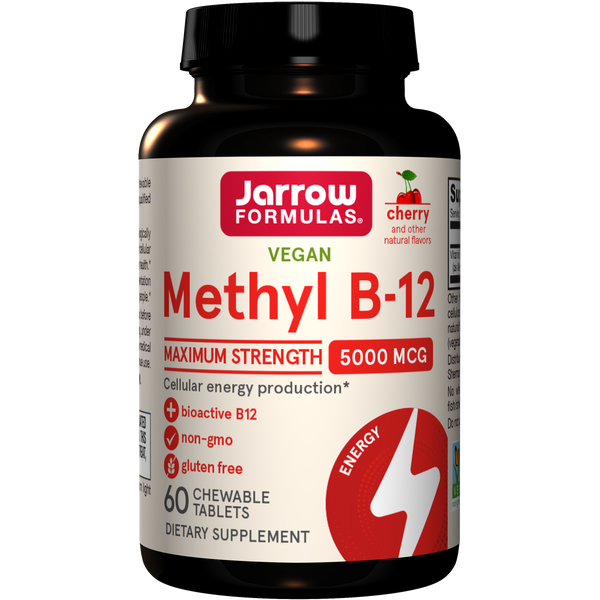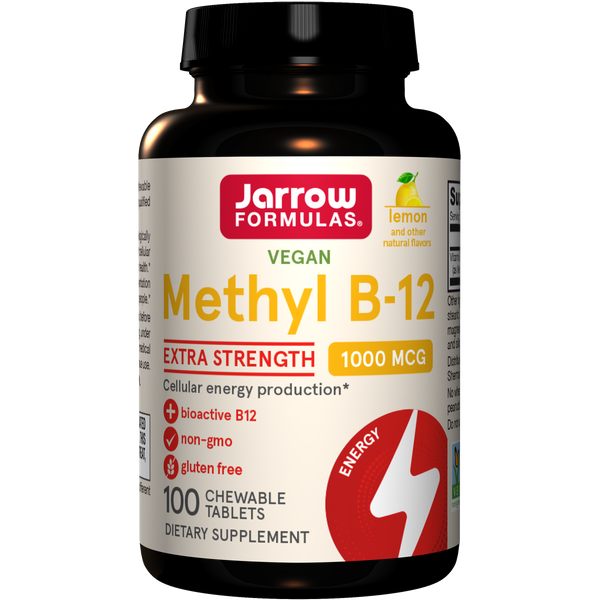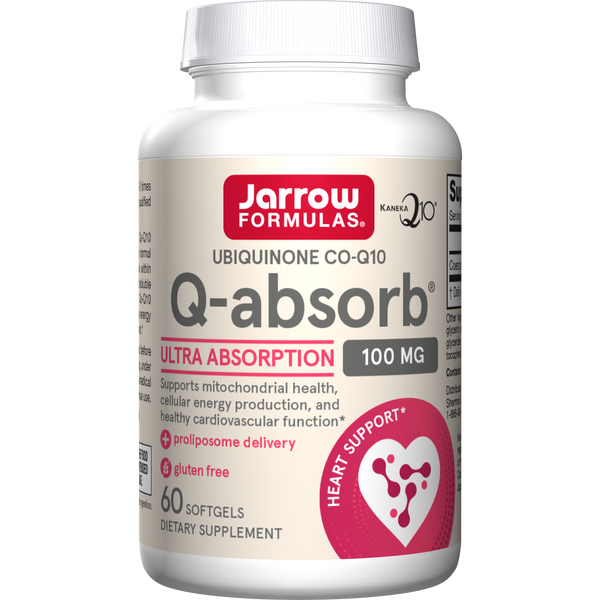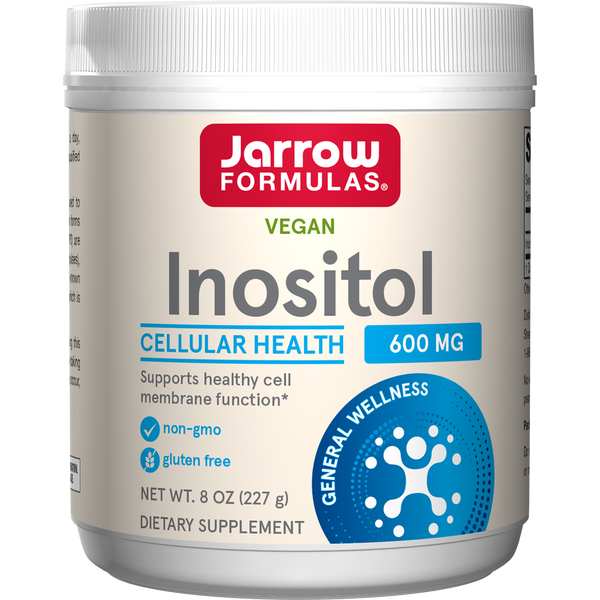Gut Microbiota and Metabolic Disorders
Our gut microbiota is a highly complex microbial ecosystem composed of over 1000 bacterial species. Every individual has a unique microbiota profile and associated with this unique microbial composition is the microbionne, which is the total number of microbial genes within the gut microbial ecosystem.
According to a new study published in Nature, there is a distinct link between the composition of our gut microbiota and incidence of obesity and related metabolic conditions including cardiovascular disorders and diabetes,
The study evaluated the gut microbial genes of 123 non-obese and 169 obese Danish individuals using quantitative metagenomics, which involves DNA sequencing and analysis. Differences were observed between the groups in terms of number of gut microbial genes and number and diversity of bacterial species. The non-obese group was characterized as having a high gene count(HGC) versus a low gene count(LGC) in the obese group. This difference indicates that the LGC and LGC individuals harbor different microbial communities.
In terms of biological and physiological markers, individuals with LGC are characterized by a higher degree of adiposity, insulin resistance, increased triglycerides levels, decreased HDL level, and low level chronic inflammation. This chronic inflammation is known to affect metabolism and lead to such conditions as diabetes and cardiovascular disorders. Other studies have associated LGC with inflammatory bowel disorder(IBD).
The researchers have indicated that molecular diagnostic tests can be developed to identify individuals as risk of common conditions associated with dysbiosis of the gut microbiota. This can then lead to developing approaches for the prevention and treatment of various chronic disorders.
Source:
Richness of human gut microbionne correlates with metabolic markers
NATURE, vol 500, 29 August, 2013































